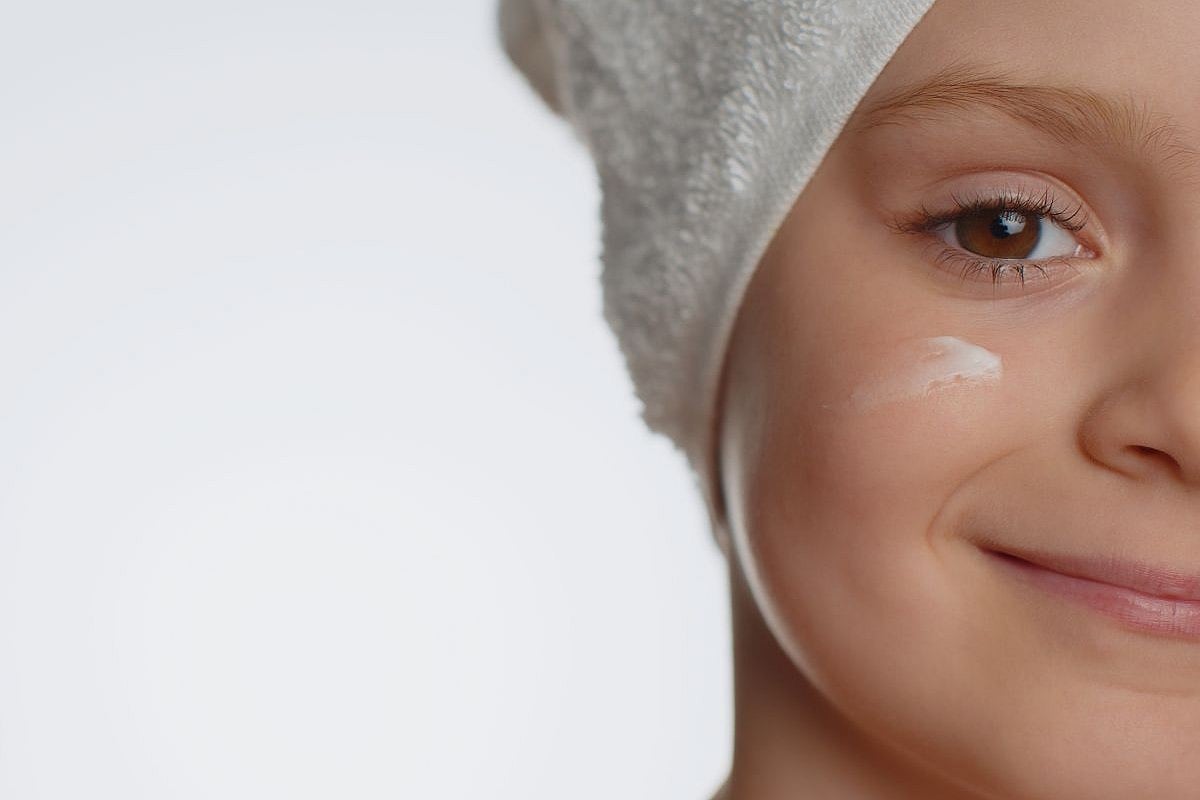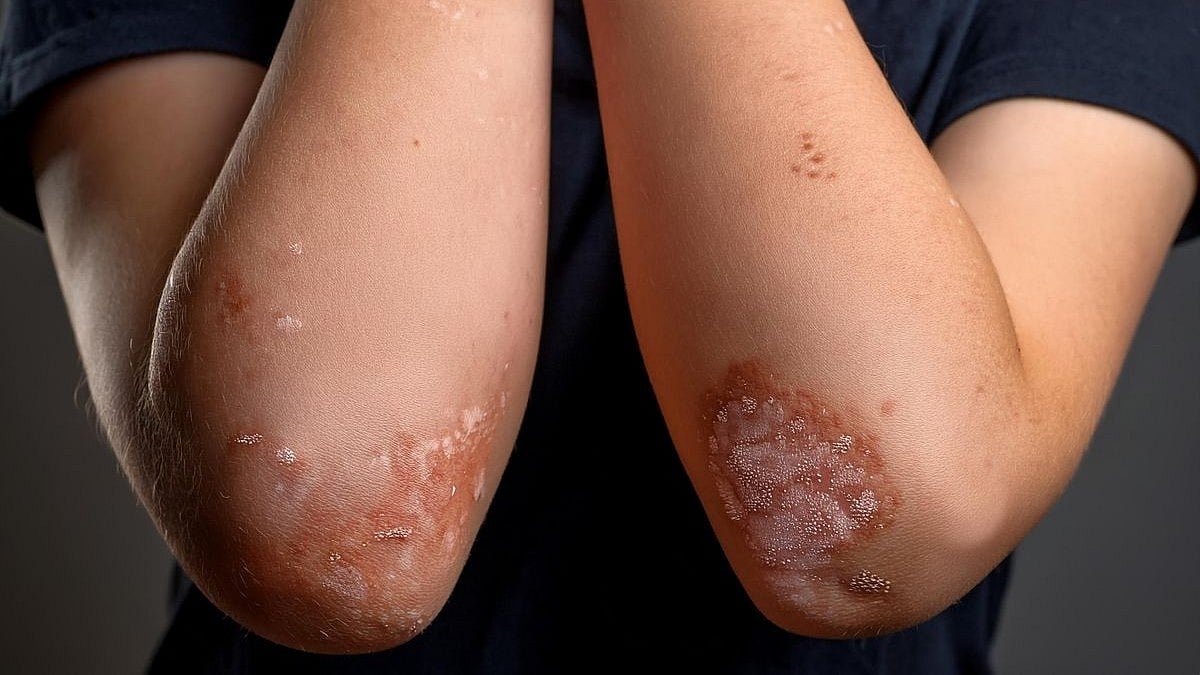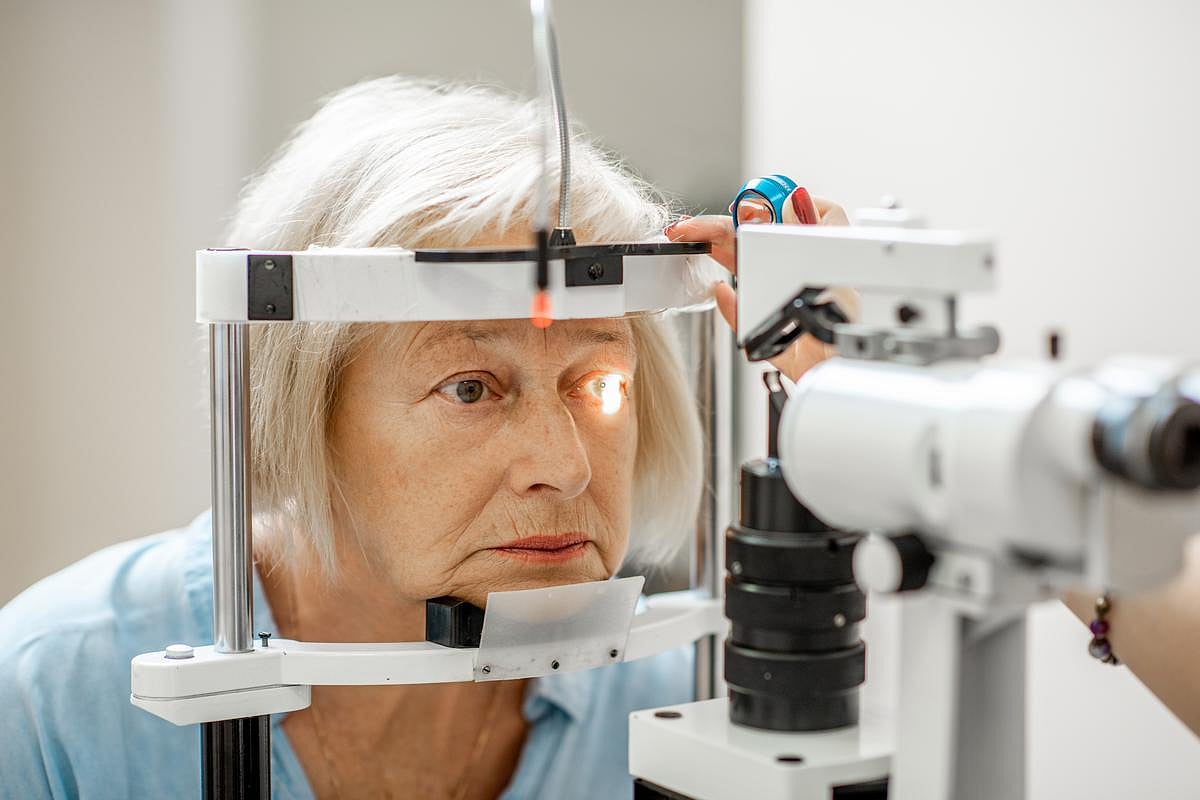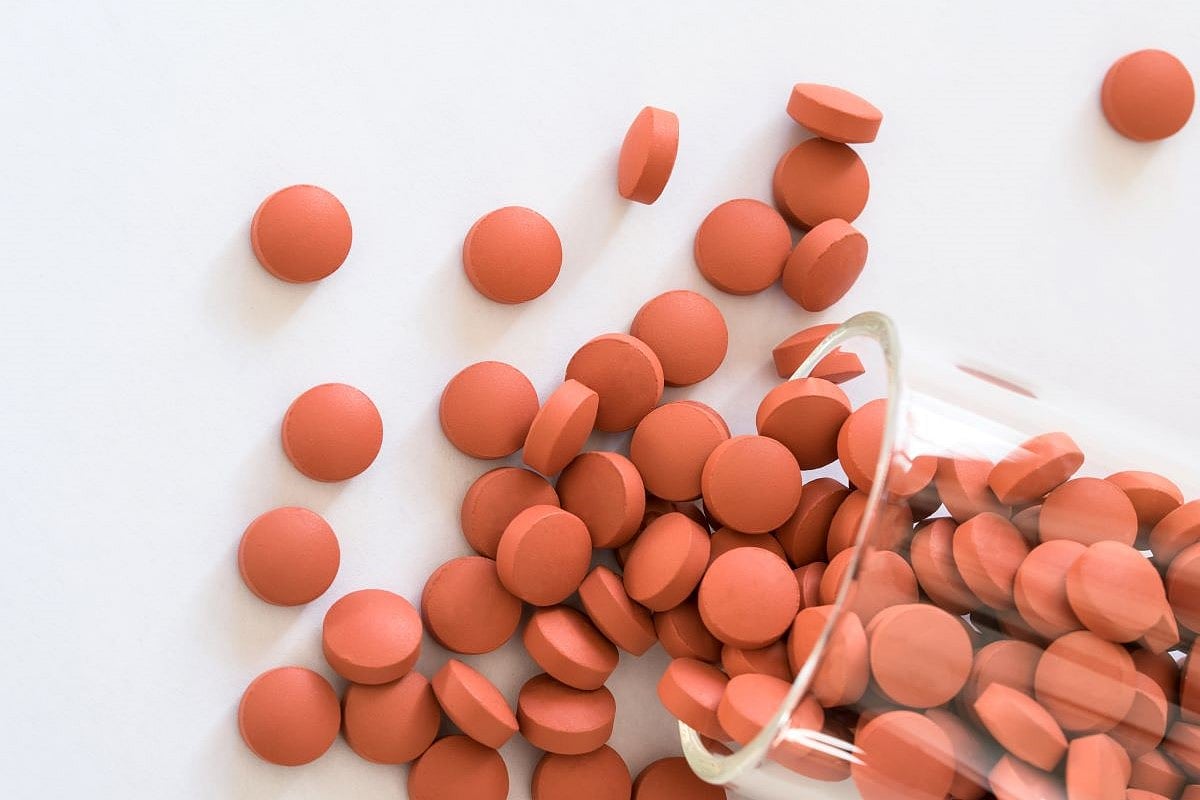
A voluntary recall has been announced for some lots of Neutrogena Makeup Remover Ultra-Soft Cleansing Towelettes. Company testing detected the presence of a potentially harmful bacterium in the wipes. Kenvue Brands, the Summit, New Jersey-based maker of the disposable wipes, is removing the affected product from shelves following an assessment by the U.S. Food and… read on > read on >






























